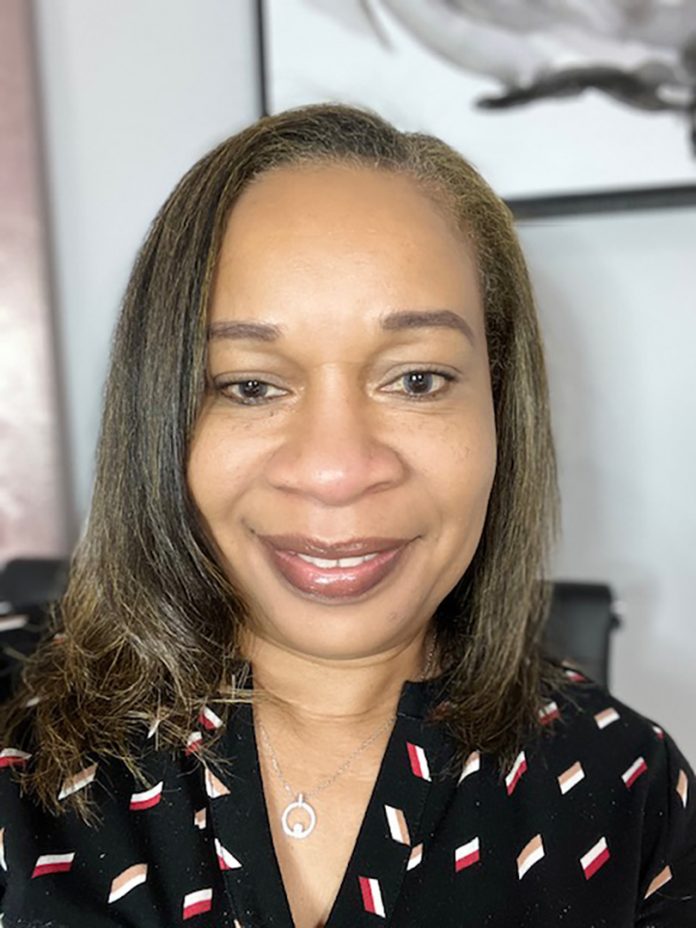Teaching and becoming a college professor wasn’t a career goal Kay Corbier had in mind but years later, it’s something she does and loves.
Corbier always wanted to serve and help people with disabilities advocate for their rights and have a better quality of life. She graduated from York University with an undergrad degree in psychology and sociology then graduated with a Master’s of Education in Counselling Psychology from the University of Toronto.
It has always been her calling.
“Working directly in a way that helps people who are marginalized in society, I think that’s always been my calling, that’s been my passion. So, I’m one of the people who’s fortunate enough to say that I spent my career doing what I wanted to do or what I love to do,” says Corbier.
Corbier started teaching at Durham College (DC) in 2012.
“The position found me. I didn’t find it,” says Corbier who decided to apply because she thought it would be a huge privilege to impart knowledge to students who are just starting out in their careers and wanting to work in the field of disability.
Corbier teaches in the Developmental Services Worker (DSW) program at DC and is the coordinator of the program. She is also chair of the Research Ethics Board (REB) for the college.
A member of the REB, Lynne Kennette, is a professor at DC teaching in the School of Interdisciplinary Studies where she teaches psychology and also does research about how students learn.
She and Corbier trained together when hired at DC and then also gave a number of talks to faculty about research ethics, types of research, and the research ethics board throughout the years.
Though Kennette hasn’t done any research with Corbier, she says Corbier is “great to work with, very knowledgeable and professional.”
Kennette is a part of the community that reviews research applications to see if there are any ethical concerns with anything the researcher proposes to do in their project.
Corbier is co-lead, with Amanda Cappon, and lead researcher on a three-year project called Raising Resilient Families: Empowering Parents with Cognitive Challenges. Cappon teaches in the Social Service Work Program at DC.
Corbier and Cappon’s research is fully funded by the College and Community Social Innovation Fund (CCSIF).
People with disabilities are also part of the research committee for Raising Resilient Families. This project also has an advisory research committee. Corbier and Cappon consult with them on various aspects of the project and have four participants with who have live with a disability.
The co-production and community-based participatory research will be used to investigate challenges and barriers for families impacted by an Intellectual Disability (ID), or Developmental Disability (DD). The goal is to ultimately eliminate the need to remove a child from their family or cultural community.
The project will be completed in 2024.
In the future, Corbier hopes to connect to what she liked to do as a child.
She says she has “always been a life-long learner who loved learning in which school came easily” to her.
“Different people create in different ways and my creative side is to really write. To write my thoughts, or you know, blogs … but I haven’t gotten around to doing that, but maybe one day I will.”
Not only does she think about creating a blog in the future, but Corbier also hopes to write her own book. She wants to inspire people and give them hope and “help them see this crazy world in a better way and … inspire people to identify what their path is and their purpose.”




